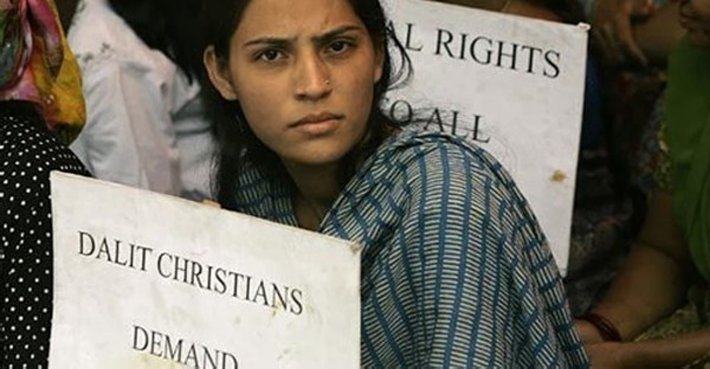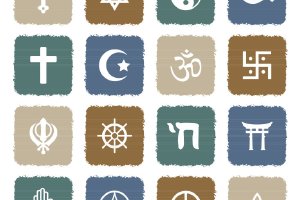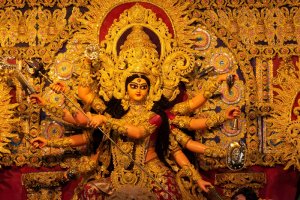An article in Religion Unplugged takes up the case of a 55-year-old Supreme Court lawyer from the Indian state of Tamil Nadu who is challenging India’s discrimination against Christian Dalits—Christians of the Hindu caste of untouchables.

“Franklin Caesar Thomas’s great grandparents converted to Christianity from Hinduism to escape the age-old caste oppression of the Hindu social order. But the stigma of having a lower caste origin continued for Thomas,” writes Freelance journalist Avinash Giri. The systemic oppression of Christian Dalits continued.
“During my childhood days, when we would go to buy groceries or anything, the upper-caste shopkeepers used to avoid touching our hands, thinking our touch would pollute them,” says Thomas. “It’s a discriminatory mindset that reduces the value of human life.”
Some 15 to 20 percent of the population of India is Dalit. Those who framed the country’s constitution in 1947 attempted to make headway against their plight, creating an affirmative action policy. However, this policy was later altered to apply only to Hindu Dalits. In 1956, the law was amended to also encompass Sikh and Buddhist Dalits, but it was not extended to include those who are Muslim or Christian.
The initial affirmative action policy was signed into law on August 10, 1950, the date selected by the Catholic Bishops’ Conference of India (CBCI) to be observed as a “black day,” on which they organize protests each year in support of Christians and Muslims belonging to “scheduled castes” whose legal rights are still denied.
Thomas was one of the first petitioners in the case challenging this law, scheduled for a final hearing by India’s Supreme Court.
“We are fighting against the discrimination by the state which is not ready to recognize the ground reality that Dalit Christians are still persecuted in the society,” said Thomas. “Even after changing the religion, the stigma of caste continues. It’s hereditary.”
_______________
From its beginnings, the Church of Scientology has recognized that freedom of religion is a fundamental human right. In a world where conflicts are often traceable to intolerance of others’ religious beliefs and practices, the Church has, for more than 50 years, made the preservation of religious liberty an overriding concern.
The Church publishes this blog to help create a better understanding of the freedom of religion and belief and provide news on religious freedom and issues affecting this freedom around the world.
For more information visit the Scientology website or Scientology Network.


